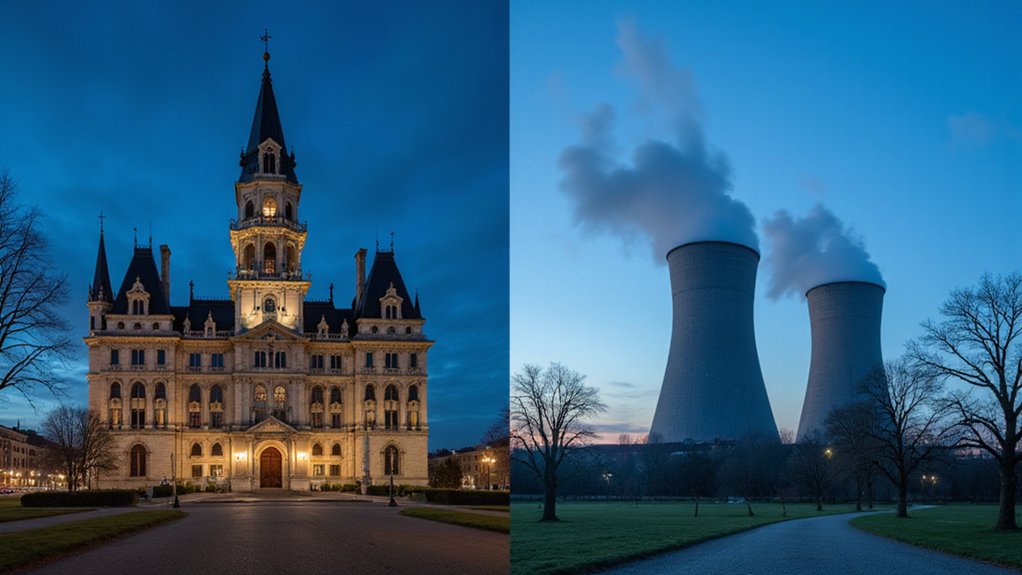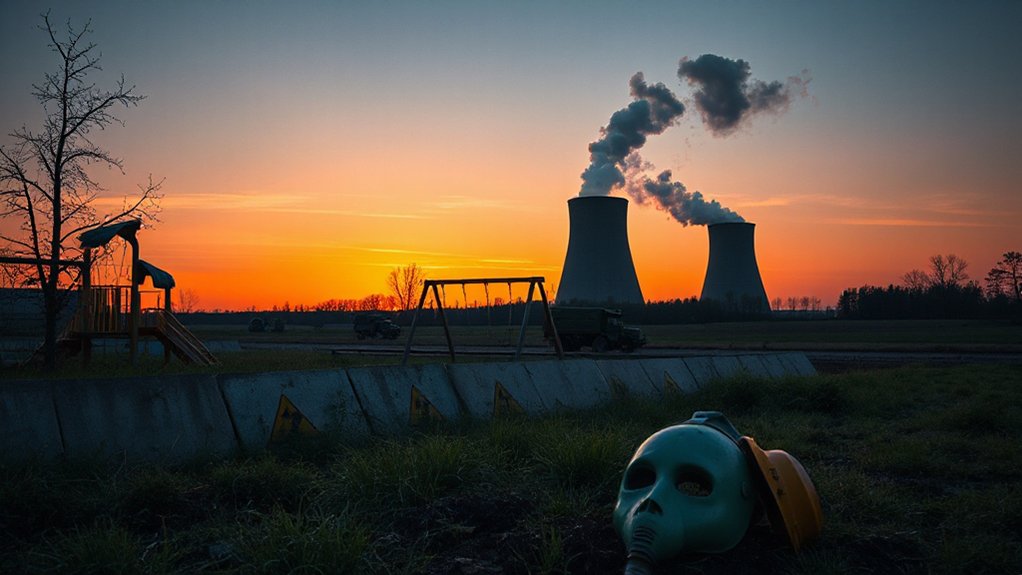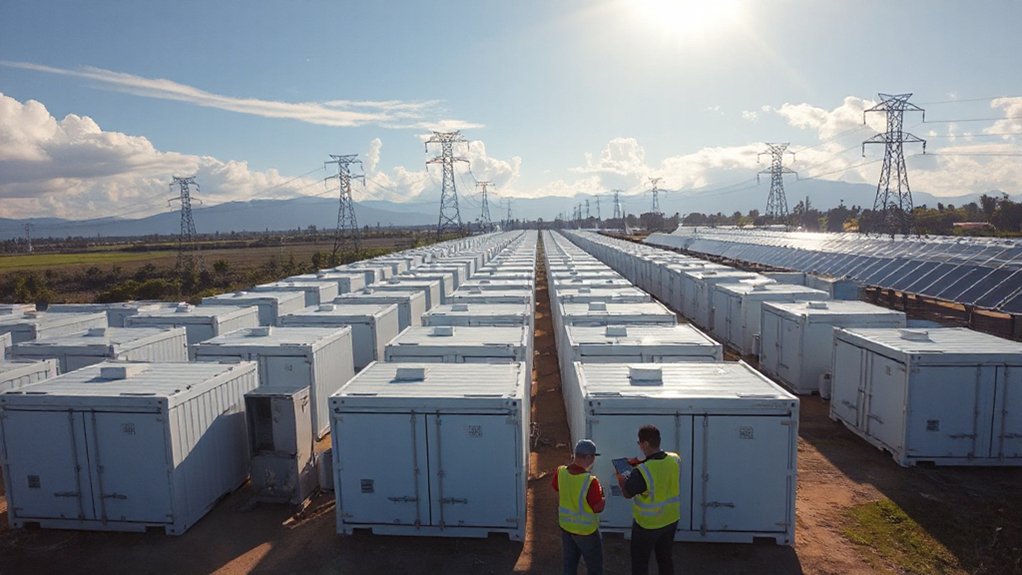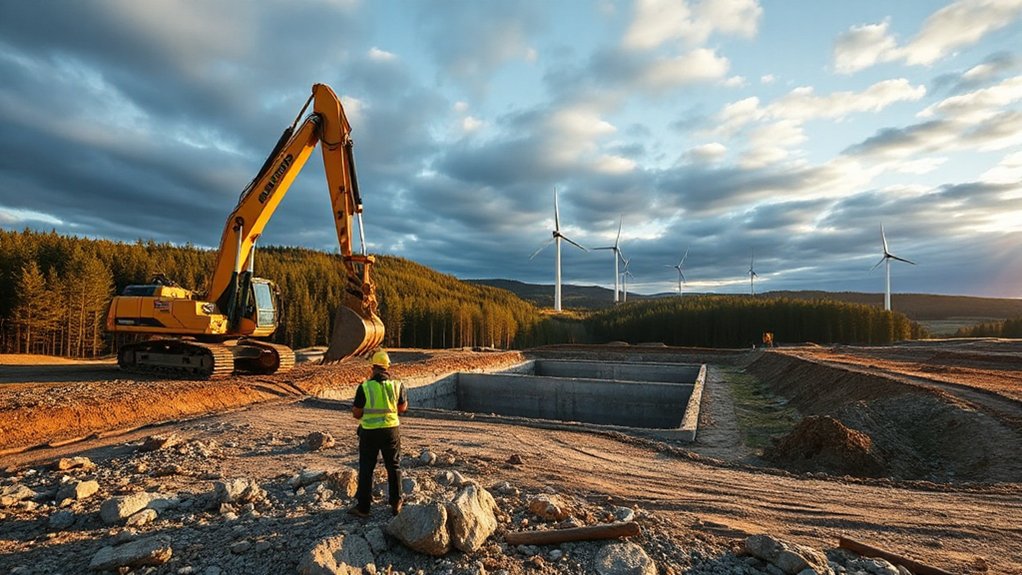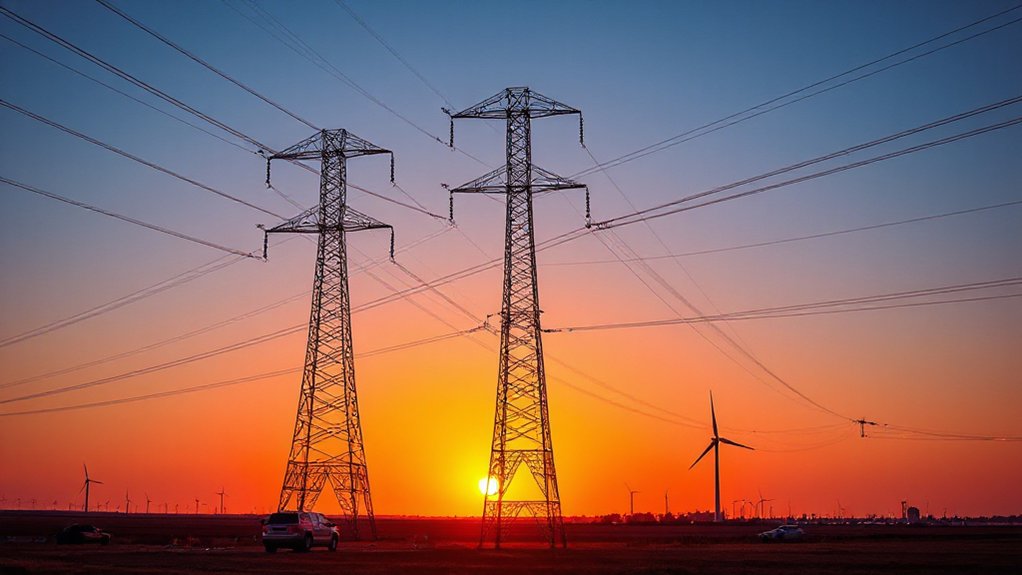Belgian lawmakers have overwhelmingly voted to reverse a 20-year-old ban on nuclear energy, marking a dramatic shift in the country’s power strategy. The vote on May 15, 2025, saw 102 members of parliament supporting the repeal of the nuclear phase-out law, with only 8 voting against and 31 abstentions.
The legislation, officially titled “Various Provisions on Nuclear Energy,” completely removes all references to nuclear phase-out from Belgian law. This opens the door for building new nuclear power plants for the first time in two decades and extends the life of existing reactors.
Belgium first enacted its nuclear exit strategy in 2003, planning to shut down all nuclear reactors by 2025. The policy was driven by environmental protection concerns and worries about aging nuclear facilities. For over twenty years, the country stood firm on eventually eliminating nuclear power.
The energy crisis triggered by the Ukraine war forced Belgium to rethink its position. The country had already begun adjusting its timeline before this final reversal. In March 2022, Belgium delayed closure plans for its two newest reactors until 2035. Further adjustments followed in 2023, signaling the country’s gradual shift away from complete nuclear abandonment.
Energy Minister Mathieu Michel called the parliamentary decision a pivotal moment, saying lawmakers had overcome “20 years of lockdowns and dithering.” The government emphasized that continuing nuclear power would strengthen climate goals by reducing carbon emissions while enhancing energy independence. Currently, nuclear energy accounts for 40% of Belgium’s total power generation, complemented by gas at 21% and wind energy at 19%.
Belgium’s policy change aligns with conservative Prime Minister Bart De Wever’s energy strategy and reflects a broader European reconsideration of nuclear power. This shift parallels international efforts like those seen at COP28, where 22 countries pledged to triple nuclear capacity by 2050. Other European nations are making similar moves, with Denmark indicating it might lift its 40-year nuclear ban and exploring next-generation nuclear technologies.
The decision represents a full reversal of Belgium’s long-standing anti-nuclear stance and establishes a more flexible approach to meeting the country’s future energy needs. While aging reactors provided just over 18% of Belgium’s energy in 2023, the country remains heavily dependent on oil and natural gas for most of its energy supply.
References
- https://www.lemonde.fr/en/international/article/2025/05/15/belgium-parliament-votes-to-ditch-nuclear-power-phase-out_6741323_4.html
- https://europeanconservative.com/articles/news-corner/belgium-flips-switch-green-light-for-nuclear-expansion/
- https://world-nuclear.org/information-library/country-profiles/countries-a-f/belgium
- https://see.news/belgium-reverses-nuclear-phase-out-plan
- https://www.mk.co.kr/en/world/11319245
